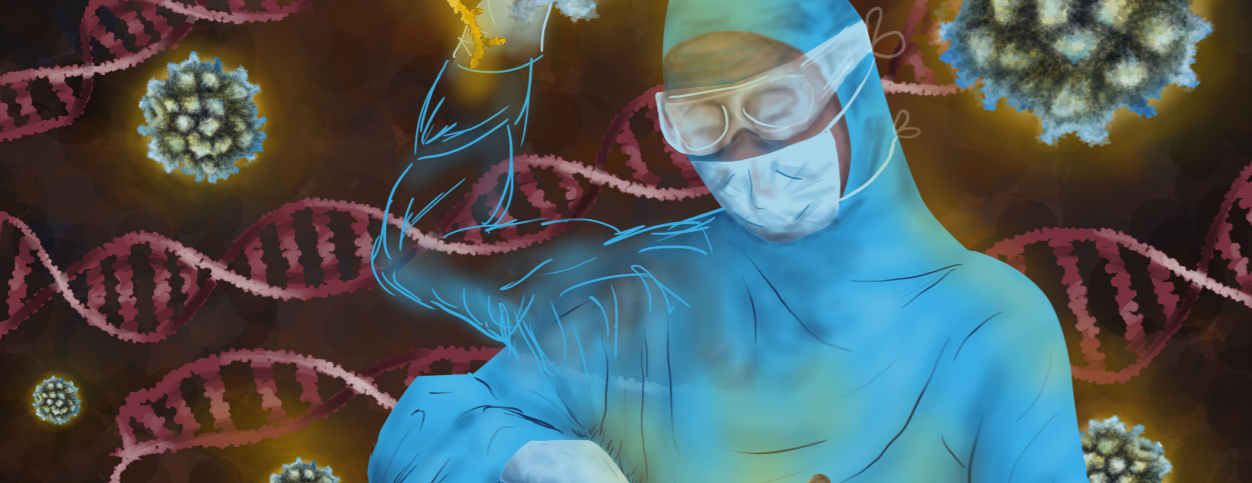The Sensing and Signaling Systems Linking Dietary Macronutrients to Tissue-Specific Adaptive Responses: The Leverage of Protein
Location
University Hall, Rm 134
Start Date
24-9-2018 3:30 PM
Document Type
Event
Description
Gettys’ visit is sponsored by the College of Applied and Natural Sciences and the School of Biological Sciences.
The mission of Pennington Biomedical Research Center is to put “science to work for a healthier Louisiana” by discovering “the triggers of chronic disease through innovative research that improves human health across the lifespan.” Gettys’ research investigates nutrient sensing and adipocyte signaling with a focus on the signaling mechanisms that link dietary methionine restriction to enhancement of insulin sensitivity.
He earned his M.S. and Ph.D. in nutrition from Clemson University and was a professor of medicine and biochemistry at Medical University of South Carolina before joining the faculty at Pennington. He has been awarded a number of NIH Collaborative Project Grants as well as individual grants and has published more 150 peer-reviewed manuscripts and book chapters.
Recommended Citation
Gettys, Thomas, "The Sensing and Signaling Systems Linking Dietary Macronutrients to Tissue-Specific Adaptive Responses: The Leverage of Protein" (2018). Schedules and Content. 5.
https://digitalcommons.latech.edu/new-frontiers-schedules-content/2018-2019/schedule/5
The Sensing and Signaling Systems Linking Dietary Macronutrients to Tissue-Specific Adaptive Responses: The Leverage of Protein
University Hall, Rm 134
Gettys’ visit is sponsored by the College of Applied and Natural Sciences and the School of Biological Sciences.
The mission of Pennington Biomedical Research Center is to put “science to work for a healthier Louisiana” by discovering “the triggers of chronic disease through innovative research that improves human health across the lifespan.” Gettys’ research investigates nutrient sensing and adipocyte signaling with a focus on the signaling mechanisms that link dietary methionine restriction to enhancement of insulin sensitivity.
He earned his M.S. and Ph.D. in nutrition from Clemson University and was a professor of medicine and biochemistry at Medical University of South Carolina before joining the faculty at Pennington. He has been awarded a number of NIH Collaborative Project Grants as well as individual grants and has published more 150 peer-reviewed manuscripts and book chapters.


